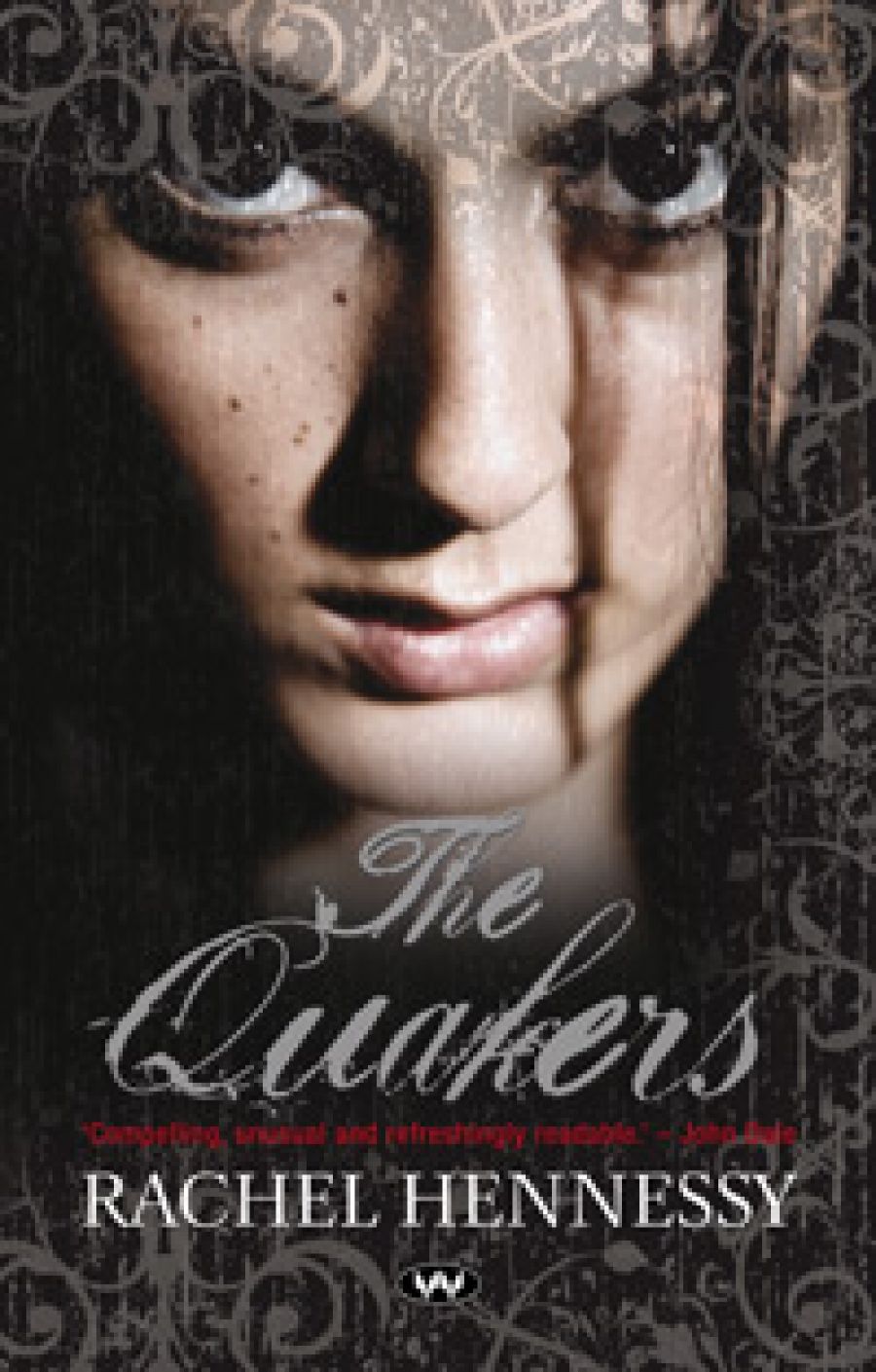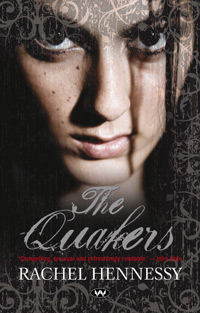
- Free Article: No
- Custom Article Title: IN BRIEF
- Review Article: Yes
- Article Title: IN BRIEF
- Article Subtitle: Tali Polichtuk reviews 'The Quakers' by Rachel Hennessy
- Online Only: No
- Custom Highlight Text:
In October 1997 Canberra engineer Joe Cinque died following a lethal administration of heroin and Rohypnol. Two women were charged with his murder: his girlfriend, Anu Singh, and her friend Madhavi Rao. Singh was convicted of manslaughter over the death and sentenced to ten years’ jail (of which she served four); Rao was cleared of all charges.
- Book 1 Title: The Quakers
- Book 1 Biblio: Wakefield Press $24.95 pb, 167 pp
- Book 1 Cover Small (400 x 600):

- Book 1 Cover (800 x 1200):

These bizarre events formed the basis of Helen Garner’s Joe Cinque’s Consolation (2004). Garner followed the women’s trials, highlighting the short-comings of the legal process and documenting the Cinque family’s grief. Both Singh and Rao declined invitations to speak to Garner. Rachel Hennessy’s début novel, The Quakers, attempts to rupture their silence, relaying the sordid tale from the perspective of Lucy, a character loosely based on Rao. Liberated from the constraints of fact and objectivity, Hennessy is free to mould her narrator’s history, from her angst-ridden high-school years to her involvement in the murder.
While The Quakers makes an interesting companion to Joe Cinque’s Consolation, it also stands on its own as a work of fiction. This is largely due to Hennessy’s ability to capture the shortcomings of her characters without appearing patronising. While some readers may disapprove of Lucy’s toxic obsession with the enigmatic Narinda (a character closely modelled on Singh), others will empathise with her desire ‘[b]oth to be her and to have her’.
Hennessy’s prose can be florid (‘God is lost like a tangle of chlorine bubbles, bursting open into nothingness as sharply as my parent’s love for one another’), but the occasional over-egged passage is excusable. If anything, Lucy’s verbosity is a refreshing change from the mono-syllabic grunts of young adult characters recently inspired by other emerging Australian authors.
The Quakers shies away from a clear moral stance – to the novel’s credit. It offers a nuanced and accomplished case study of a troubled mind, leaving the reader to decide whether it is a criminal one.


Comments powered by CComment